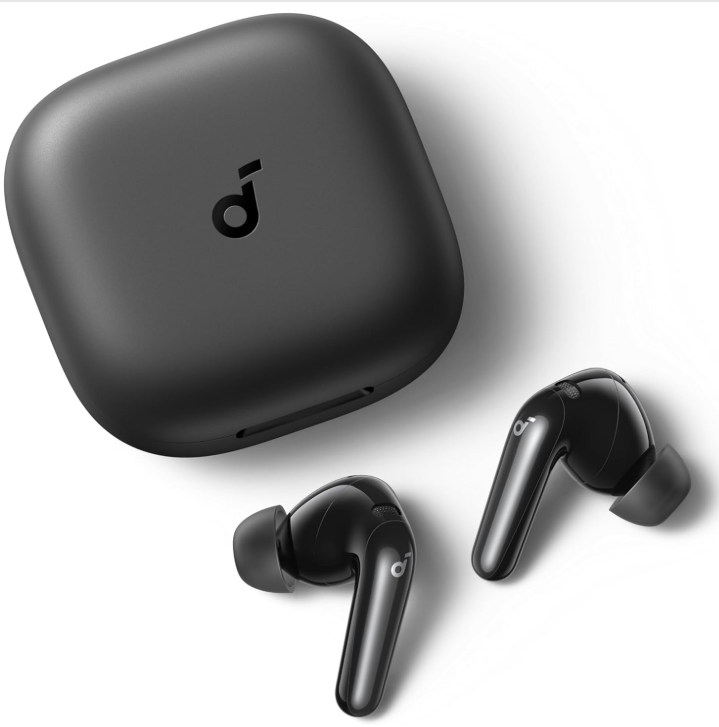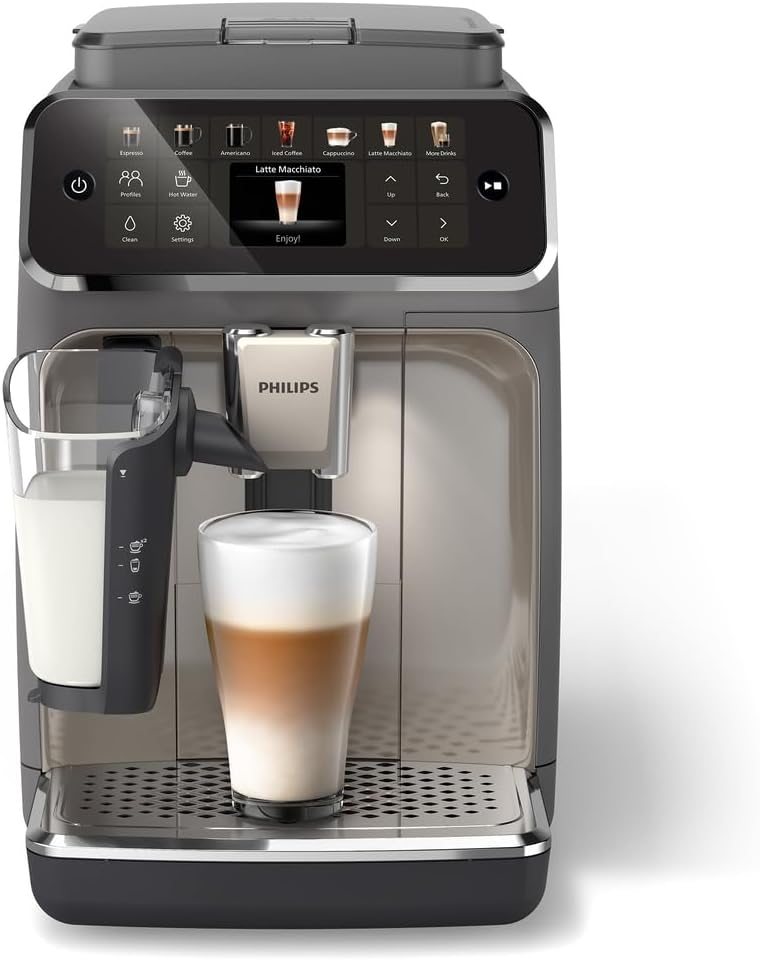Fitness Trackers Can Help Prevent and Manage Chronic Disease
Published: 2023-08-15 06:49 PM
Author: Merissa Klein
Fitness trackers have com a long way from the early days when they were step counters on your wrist. They have evolved into complex devices that you can wear on your wrist, finger or even clip to your clothes. They can measure things like your heart rate, steps, calories, sleep, and more. You can use them to track your progress and set goals for your health and fitness.
But did you know that fitness trackers are growingly helping people prevent and manage chronic diseases? Chronic diseases are long-term health problems. They affect millions of people around the world. Some examples are diabetes, heart disease, lung disease, and autoimmune disease.
Let’s explore three key ways in which fitness trackers can help with chronic diseases:
-
By detecting early signs of disease
-
By motivating you to be more active
-
By providing feedback and guidance
Detecting Early Signs of Disease
Modern fitness trackers can collect a lot of data about your body and how it is doing. This data can reveal some clues about your health that you may not notice otherwise.
For example, researchers from Johns Hopkins University found that fitness tracker metrics such as heart rate and step count, were closely linked to several key biomarkers. Biomarkers are substances in your blood or urine that can indicate how well your organs are functioning or if you have inflammation or infection.
The researchers analyzed data from over 500 people who wore fitness trackers for a year. They found that changes in heart rate and step count were associated with changes in biomarkers such as glucose, hemoglobin A1c, creatinine, and C-reactive protein. These biomarkers can reflect the risk or progression of diseases such as diabetes, kidney disease, and cardiovascular disease.
The researchers also found that fitness tracker data could predict hospitalizations and mortality better than traditional risk factors such as age, gender, and smoking status.
This means that fitness trackers could potentially help you detect early signs of disease before they become serious or life-threatening. By monitoring your fitness tracker data regularly, you could notice any unusual changes in your heart rate or activity level and consult your doctor for further evaluation.
Motivating You to Be More Active
Another way that fitness trackers can help you prevent and manage chronic diseases is by motivating you to be more active. Physical activity is one of the best things you can do for your health. It can lower your blood pressure, cholesterol, blood sugar, and inflammation. It can also improve your mood, memory, and immune system.
However, many people do not get enough physical activity due to various reasons such as lack of time, motivation, or access to facilities. Today’s fitness trackers are advanced and have features that motivate you to overcome these barriers. They making physical activity more fun, convenient, and rewarding.
For example, fitness trackers can:
-
Set personalized goals for you based on your current fitness level and preferences
-
Remind you to move more throughout the day with notifications or vibrations
-
Track your progress and achievements with graphs, badges, or rewards
-
Challenge you to compete with yourself or others with leaderboards or social media
-
Suggest new activities or workouts for you based on your interests or needs
By using these features, fitness trackers can help you increase your physical activity and make it a habit. This can have a positive impact on your health and reduce your risk of chronic diseases.
A study by researchers from Harvard University found that walking 8,200 steps a day was the threshold at which a person begins to significantly lower their risk of developing a variety of chronic diseases. The study analyzed data from over 16,000 women who wore fitness trackers for four years. The researchers found that each additional 1,000 steps per day was associated with a 16% lower risk of death from any cause.
This means that even small increases in physical activity can make a big difference for your health. Fitness trackers can help you achieve this by encouraging you to walk more every day.
Providing Feedback and Guidance
The third way that fitness trackers can help you prevent and manage chronic diseases is by providing feedback and guidance. Feedback is important because it can help you understand how your body responds to physical activity and how it affects your health. Guidance is important because it can help you adjust your activity level or intensity according to your goals and needs.
For example, fitness trackers can:
-
Show you how many calories you burn during different activities
-
Tell you how much sleep you get and how it affects your performance
-
Give you tips on how to improve your sleep quality or duration
-
Monitor your heart rate zones and tell you when to speed up or slow down
-
Alert you if your heart rate is too high or too low for your age or condition
-
Provide coaching or training programs for specific goals such as weight loss or endurance
By using these features, fitness trackers can help you optimize your physical activity and health outcomes. They can also help you communicate with your doctor or health care provider. You can share your fitness tracker data with them and get feedback or advice on how to improve your health or manage your chronic disease. This can help you and your doctor work together as a team and make better decisions for your health.
Fitness trackers are now a lot more than just gadgets. They are powerful tools that can help you prevent and manage chronic diseases. They can help you detect early signs of disease, motivate you to be more active, and provide feedback and guidance. By using fitness trackers, you can take charge of your health and improve your quality of life.
If you are interested in getting a fitness tracker, there are many options available in the market. You can choose one that suits your budget, style, and needs. You can also consult your doctor or health care provider before buying a fitness tracker to make sure it is safe and appropriate for you.
Fitness trackers are not a substitute for medical care or treatment. They are meant to complement and enhance your health care, not replace it. You should always follow your doctor’s instructions and recommendations regarding your health and chronic disease.
Fitness trackers are not magic. They cannot cure or prevent chronic diseases by themselves. They can only help you if you use them correctly and consistently. You also need to make other healthy lifestyle choices such as eating well, managing stress, and avoiding smoking or drinking.
Fitness trackers are not for everyone. Some people may not like wearing them or find them uncomfortable or distracting. Some people may also have privacy or security concerns about sharing their data with others. You should weigh the pros and cons of fitness trackers before deciding to use them.
Fitness trackers are for you if you want to take an active role in your health and wellness. They can help you monitor, motivate, and improve your health and fitness. They can also help you prevent and manage chronic diseases that affect millions of people around the world.
Are you ready to get a fitness tracker and start your journey to better health?

